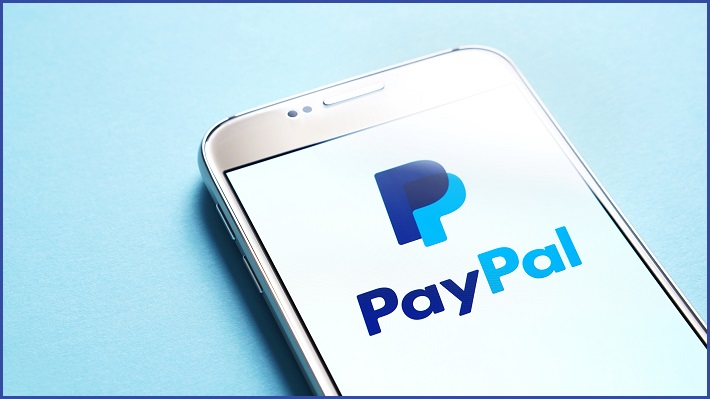PayPal Australia has opened fire against local alternative credit company Afterpay by launching its own 'buy now, pay later' (BNPL) service for PayPal users.
Called ‘PayPal in 4’, the new BNPL offering currently has no interest or late fees, according to a the co, to entice users.
PayPal Australia GM of payments, Andrew Toon, said he believed not having late fees was “the right thing to do” for its customers.
“We are backing the strength of our systems to determine consumer suitability for PayPal Pay in 4 and we believe we have the right measures in place to support our no late fees approach,” Toon said.
“Our business model does not rely on late fee revenues and we believe that many people who miss a payment do so by mistake, not design.
“By removing late fees, we are providing our Australian customers with a secure 'buy now, pay later' service without the risk of being penalised for late payments.”
Customers will have to pay currency conversions where applicable.
Despite what is suggested by PayPal’s posturing, late fees are not the major earner for the BNPL model pioneered by Afterpay, even though an estimated 21 per cent of users paid late fees in the last financial year.
In its 2020 financial year report, Afterpay disclosed earning just under $70 million out of its $500 million income from late fees, with most of its money instead coming from merchants which pay to access the service and the customers who come with it.
For merchants, PayPal’s version of BNPL won’t cost anything above their existing PayPal rate which is 2.6 per cent plus a 30-cent fee for local commercial transactions and a maximum of 1.4 per cent plus the fee for local QR code transactions.
PayPal in 4 will be only be available for purchases between $30 and $1,500 “almost anywhere PayPal is accepted,” according to the company, but cannot be used for certain transactions including gambling, cryptocurrency trading, and not-for-profit donations.
With the nine million active Australian accounts PayPal claims to have, it is hoping to take a decent chunk share of the Australian BNPL business which has flourished under a looser regulatory regime than traditional lending.
Earlier this year, Australia’s BNPL players agreed to a form of self-regulation through a voluntary industry code of practice in an effort to keep government regulators at arm’s length.
With PayPal’s entry, the BNPL space once reserved for Australian startups is becoming more crowded.
Apple is preparing its own BNPL service by partnering with Goldman Sachs in the US to include delayed payments into the Apple Pay system, according to Bloomberg.










